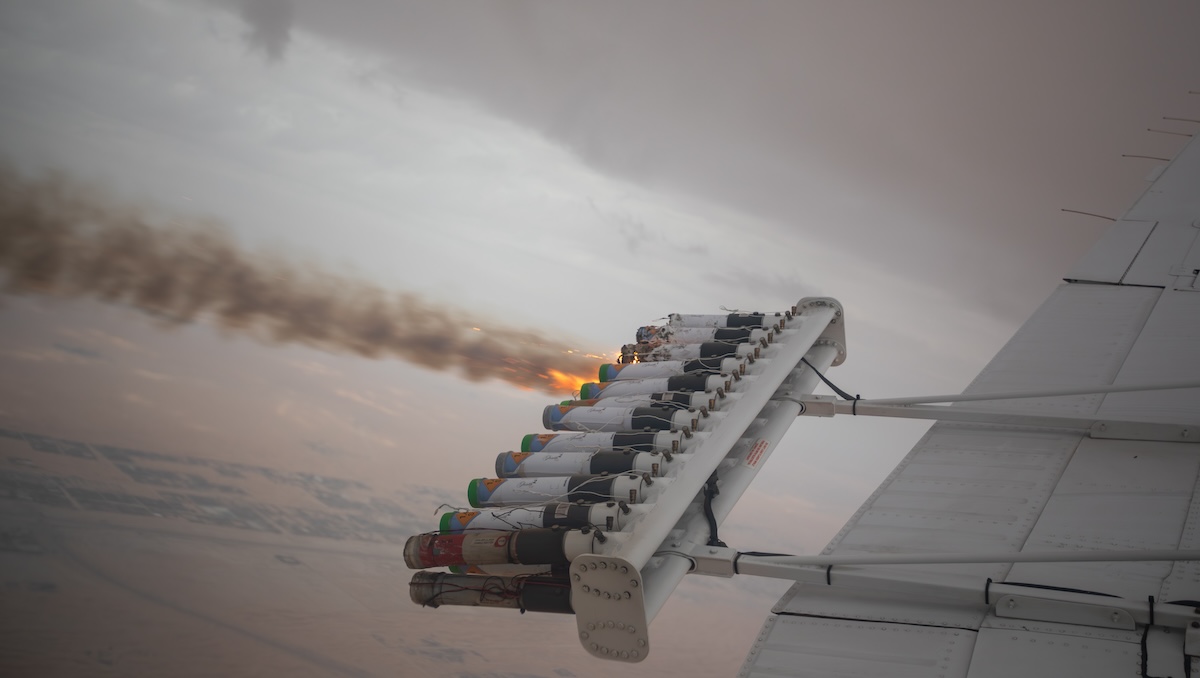Illinois lawmakers approved a measure Friday to create the nation's strictest regulations for high-volume oil and gas drilling, hoping to kick-start an industry that supporters say could generate thousands of jobs in economically depressed areas of southern Illinois.
The Senate passed the legislation 52-3, one day after it was overwhelmingly approved in the House.
"This legislation will open the door for thousands of jobs and significant economic development in Southern Illinois. It could be a shot in the arm for many communities," said Gov. Pat Quinn, who vowed to sign the measure. "This is a good bill and it’s the result of a good-faith effort by lawmakers, industry and labor leaders, environmental groups and members of my administration to ensure Illinois’ natural resources are protected."
The legislation, SB1715, was crafted with the help of industry and some environmental groups — an unusual collaboration that has been touted as a potential model for other states.
Legislation sponsor Mike Frerichs, a Champaign Democrat, said stakeholders "sat down for hundreds and thousands of hours" to hammer out the issue.
"These are tough regulations that are going to protect and preserve our most valuable resources in our state," he said. "We are going to increase home produced energy in our state in one of the most environmentally friendly ways possible."
While proponents have said hydraulic fracturing, or "fracking," would generate tens of thousands of jobs, opponents have been pushing for a two-year moratorium to allow more time to examine health and environmental impact. They are worried fracking could cause pollution and deplete water resources.
Fracking uses high-pressure mixtures of water, sand or gravel and chemicals are used to crack rock formations deep underground and release oil and natural gas.
U.S. & World
Among the provisions in the proposed legislation are requirements that drillers publicly disclose the chemicals they use and that they test water before and after fracking. Companies also would be liable for any water pollution.
Sen. Sue Rezin, a Morris Republican, described the legislation as having "the highest environmental regulations in the entire country."
Energy companies are eyeing the New Albany shale formation in southern Illinois, where they believe there are significant oil reserves 5,000 feet or more below the surface.
While the measure passed easily in both chambers, the road there wasn't easy. An amendment requiring energy companies to hire a state-licensed water well driller delayed the vote for more than a month before industry and unions reached a compromise that gives drillers a break on extraction taxes if at least half of their employees are from Illinois.
Two bills proposing a moratorium were offered, but neither gained traction.
Opponents say the regulatory legislation would leave Illinois communities with no control over the practice.
But others felt it was the best the state could do. State Sen. Don Harmon, an Oak Park Democrat said it was "about as good of a regulatory bill as we could offer."
"God willing," Harmon said, "it's good enough."



